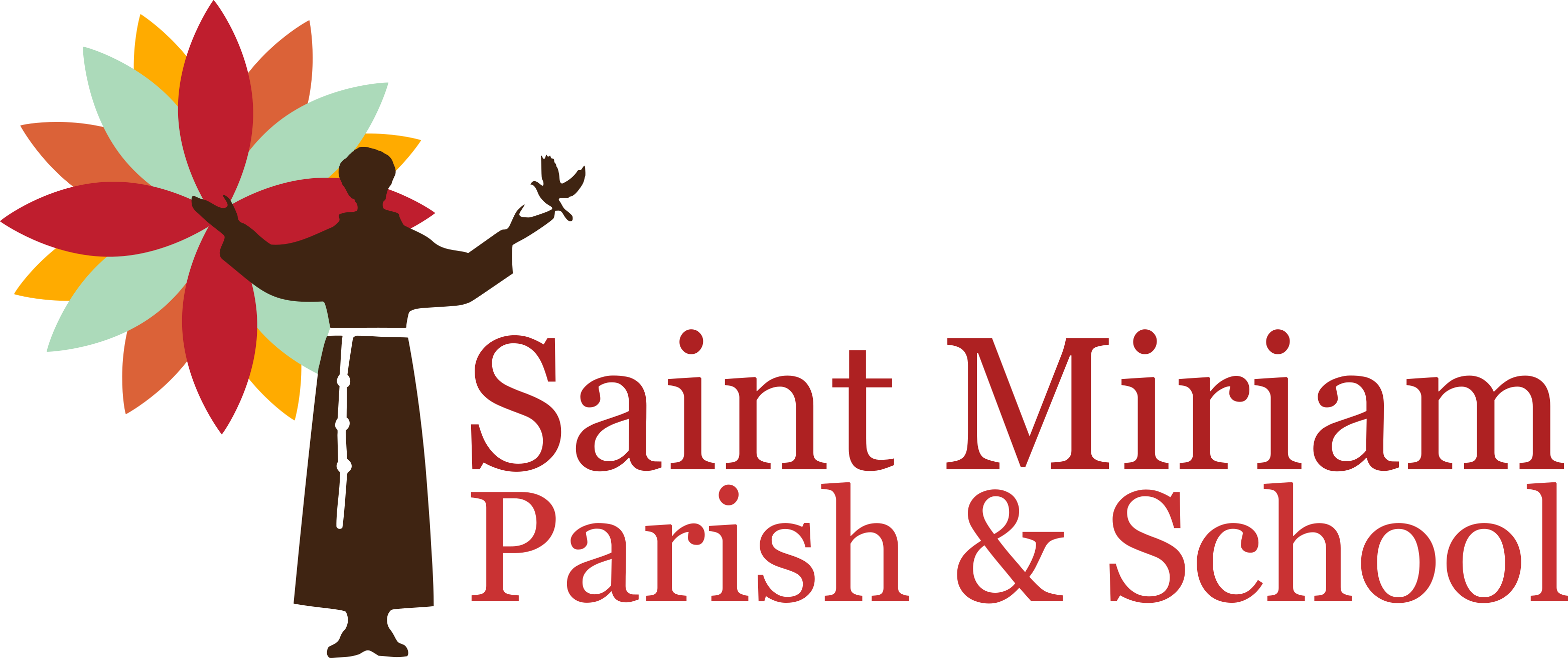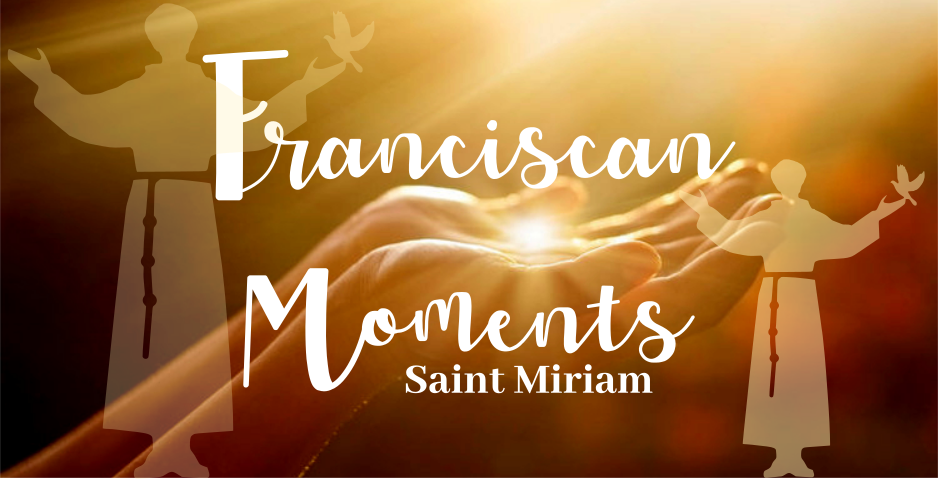“But what good are these?” So says Andrew to Jesus, explaining that there is a boy with five barley loaves and two fish. “But what good are these for so many?”
Don’t we all feel like that sometimes? We can look at our personal challenges, we can thing about situations confronting our family, we can see all the turmoil in society, in the Church and in the world and become overwhelmed. We think of any help we might be able to offer, and we come up thinking, “But what good are these?”
What good is the small bit of wisdom or advice I offer another, when their problems seem so big? What good is the hug I give to the mother mourning the loss of her daughter to addiction? What good is the small financial contribution I make to my parish, knowing the expenses are so great? What good is the sandwich or meal I give to the homeless, knowing they will still be homeless and get hungry again and again? But what good are these small actions and gestures before so much suffering, sadness, injustice and brokenness?
Well, one of the things that Jesus teaches in this his fourth “sign” in John’s gospel (see this week’s blog for longer discussion of Jesus’ “signs” in John’s Gospel) is that God does indeed long to fill our hungers. Yet, God does so using our “little,” seemingly “insignificant” contributions. The simplest act of generosity on our part is used by God to help satiate the longings of human hearts.
So, it’s not for us to worry if the gifts we have to offer don’t seem like much. Our concern is to make sure we are living lives of generous love, imitating the unending generosity of God. And knowing, God responds with delight: “Wow, how good are these!” And God uses our gifts to help feel and heal and unite a hungry world.
Peace and every good,
Father Liam

